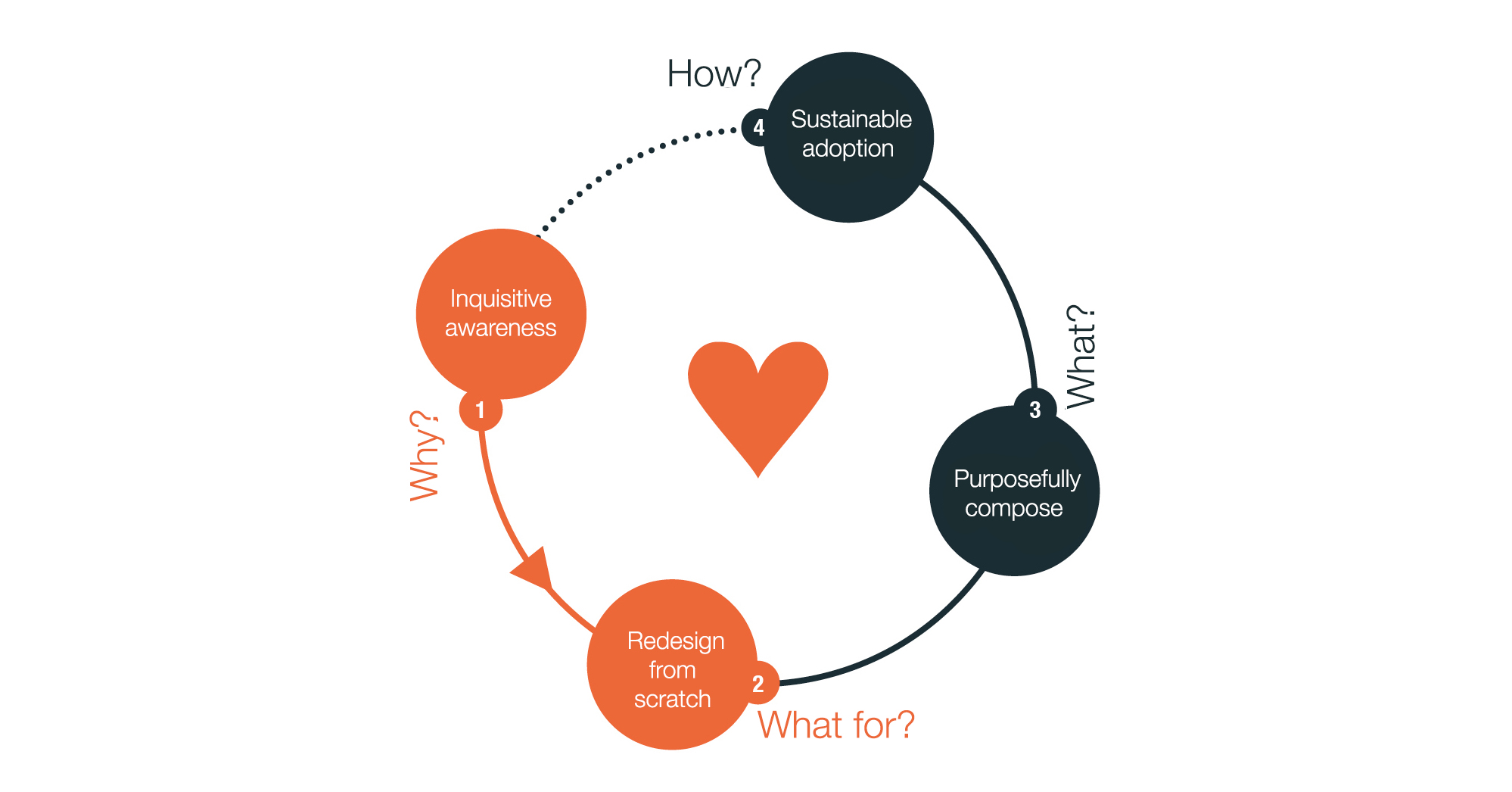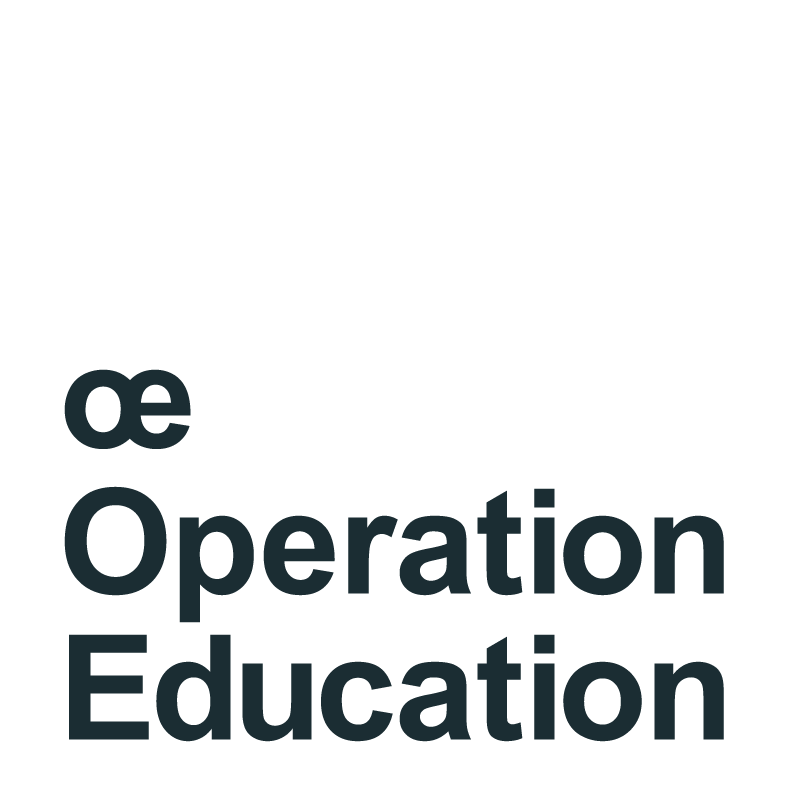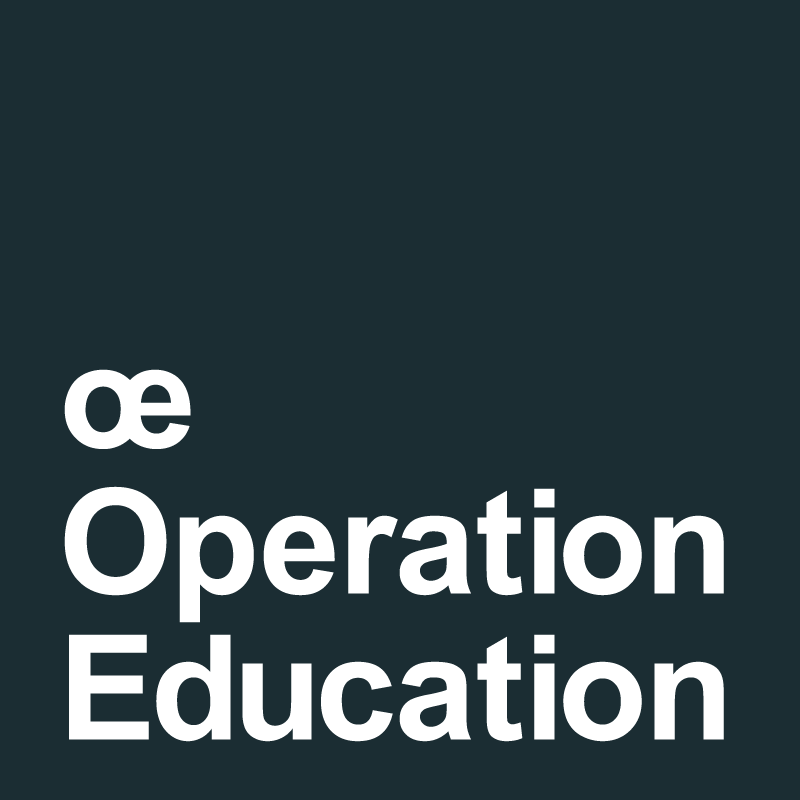
02 okt Inquisitive awareness
I remember exactly where I was when I realized that we – each and every one of us – are driven by habits when it comes to education. I was in shock! We have all taken the education system for granted and no one – myself included – asked why? Just like the rest of the world, I assumed that ‘they’ would know what they were doing. While education is so important, I still did not give it much thought myself, even though it affects my own children!
From that moment on, I have been asking myself, again and again, the question ‘Why do we do things this way? and started a quest for my own answers; to truly understand why. Because although I often thought ‘they’ would have thought about this (we are talking about the education of children, no less), I had moments when I said to myself: ‘they mustn’t have thought this through’, and vice versa. I had to change my mind a lot, while looking for answers.
Why do we do things this way?
In previous blog posts, we introduced a four-step model for ‘inquisitive change’ in education. In this post, we will elaborate on the first step: ‘Inquisitive Awareness’ — or in other words, the question of “Why” .

To initiate change in education, it’s important to become aware of the habits and to actively question why we do the things we do.
Why does school start at 8:30? Why do we use standardized tests with only one correct answer? Why do we grade students’ work? Why do we need to follow the (same) norms?
We are so attached to our habits, that we forget to ask: Does this still make sense? How did we get there in the first place? Are there advantages to this approach? Any disadvantages? Are there alternatives?
What are we going to do?
At Operation Education, we have compiled a long list of why-questions. By answering these questions systematically (following the above structure) and by looking at it from different perspectives, we would like to start a public discussion. We believe that this discussion will pave the way to — and create demand for — innovative and better solutions.
With the help of experts and scientists, we managed to answer the first set of questions for the Netherlands. Through them, we reach other experts, scientists and professionals. Step by step we would like to expand this group to a big crowd of people who can help us formulate and answer these questions
We are planning to use this material to ‘feed’ the media, as well as anyone who would like to publish about this subject. It is our goal not to own this material. We want it to be available at various places and for various purposes.
We use the following structure to formulate the answers:
- How did this come to be? What is the historical basis?
- What are the advantages (of this approach)?
- What are the disadvantages (of this approach)?
- What are the alternatives?
The blog post ‘Why do we have such long summer holidays?’ was the first step towards this approach of asking and answering one of the many questions from various angles.
What can you do?
Become aware of your own habits, make the unconscious conscious, and gradually let go of these illogical and ineffective habits. Of course, all of this is something that needs to grow. Learning new habits requires creating and strengthening new connections in our brains. It’s simply a matter of doing it and we will become better and better at it.
You can start by actively asking yourself why you are doing something and if you can’t find a logical reason for your action, maybe you can stop doing it. See what happens! :-)
In the articles ‘From scratch…” and “Vision, desire and power”, you can follow my search on my personal habits and beliefs. I also write about the impact of letting go, the impact of transformations and the road to the essence of myself. Let it inspire you!
What can you do within your school?
In your school, there are most likely habits and patterns that you have never questioned before. Let voicing the why-questions become a new ritual. Ask questions that are characteristic of the school or relevant to the school, and discuss possible answers together during coffee break, for instance. Or reserve (part of) a team day or a free day to discuss these topics. Contact us if you would like support!
Do you want to contribute to the movement?
Would you like to contribute to this project? Do you have access to relevant knowledge and research? Can you help answer one or more questions according to the above-mentioned format? Are you a born leader and would you like to help move this project forward? Do you represent a media title and would like to participate in the public discussion about education?
Feel free to contact us! Please include a detailed description of what your contribution might look like. Thank you!
…
Translation from Dutch: Edith Korstanje, editing: Eleftheria Karyoti


